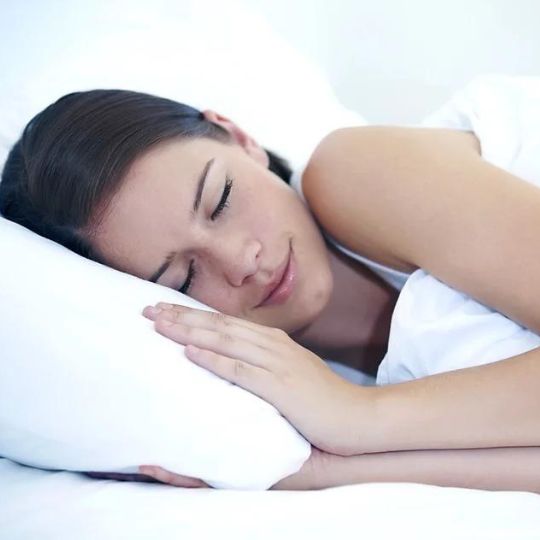In Part 2 of my Approaching Stress series, I will move forward into applied practices and changes to make in order to support the body’s circadian rhythm naturally.
As I said in Approaching Stress – Part 1, one of the biggest issues of stress on the body is the imbalance of cortisol levels over time. Cortisol is meant to rise in the morning to encourage our bodies to wake, then slowly decrease throughout the day to allow for restful sleep at night. Many of these applied practices help balance cortisol levels, helping the body slowly reject the negative effects of stress.
Sleep Hygiene
You have heard it time and time again that sleep is important. I find it is difficult for people to make true changes in their sleep patterns for the better when they don’t really know what to do or why sleep helps us so much. Approximately 75% of your daily pulses of growth hormone happen during slow wave sleep. Slow wave sleep is the very deep sleep that only occurs when your brain has minimal barriers to producing melatonin. Growth hormone helps control the body’s metabolism, creating energy and other substances that the body needs.
In order to help these processes and listen to your circadian rhythm, go to bed earlier. Although some people consider themselves night owls, it’s not a nature designed rhythm for humans to function. Although you may find more peace late at night, our bodies truly follow the sun. With this in mind, you can also help your body by exposing your eyes to early morning sunlight. When we can expose ourselves to early morning sun, our nocturnal melatonin production occurs sooner, and we can enter into sleep more easily at night. This recommendation goes hand-in-hand with the next one – wean off your dependence on sunglasses. It’s important for the sun’s rays to be absorbed through your eyes to collect as many benefits from the sun as possible.
Blue light
While working toward these larger changes, limit your blue light exposure when the sun goes down. The sun set signals our bodies to prepare for sleep. Blue light is given off by anything from the sun to our light bulbs and electronics. Getting blue light exposure during the day from the sun can provide beneficial effects in mood and performance. However, modern day devices have the ability to disrupt our sleep cycles and inhibit melatonin production. There are a few ways to reduce the effects of blue light:
Amber-tinted or blue light blocking glasses
These have been shown to be effective in limiting our blue light exposure from these devices. I recommend wearing these glasses in the evening at the very least. Work towards wearing them during any extended times spent at a computer, television, or phone.
Reduce the use of electronic devices an hour before bed
I recommend sticking to non-electronic sources of entertainment once the sun goes down. This can include reading, board games, skill-based and soothing activities such as cooking, baking, knitting, drawing, yoga, etc. This can be a large change for most people and can be made easier by just beginning to not watch tv or look at your phone when preparing for bed.
Keep the lights dim in your bedroom
Throw on your blue light glasses and read a chapter of a book. Better yet, turn off all lights entirely and try out red or orange reading lamps, which emit no blue light; candlelight is another great option, and can provide additional relaxation. Your body will begin increasing it’s melatonin production and slowly bring you to restful sleep, balancing your hormones and circadian rhythm over time.





